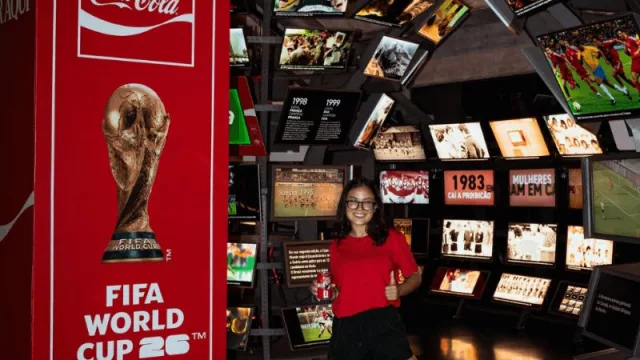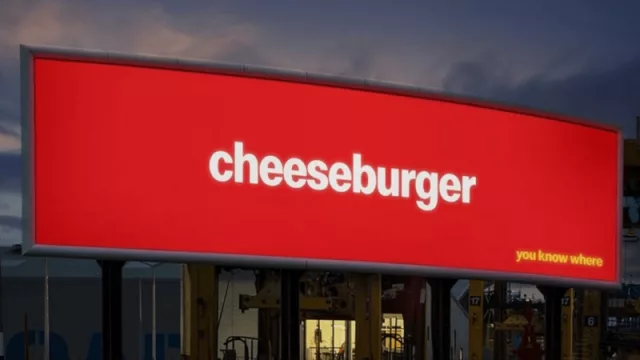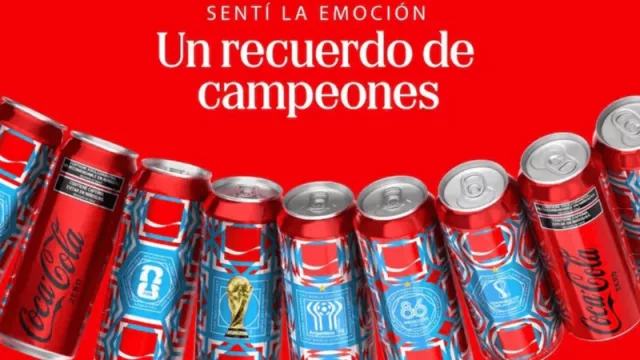According to Margrethe Vestager, European Commissioner for Competition, divestment is the only option. The EU accuses Google of favoring its own services at the expense of its competitors in advertising technology, advertisers, and online publishers. This complaint adds to the previous sanctions imposed on Google for abuses in other services, which have already exceeded 8 billion euros.
We reported a few days ago about a new EU lawsuit.
Google's domination in advertising technology is evident in both the supply and demand of the market. The company has been accused of abusing its dominant position by favoring its own advertising exchange platforms and harming other advertising exchanges. The EU argues that a behavior-based solution will not be sufficient to prevent Google from self-preferencing, and therefore, divestment is necessary.
The possibility of Google being forced to divest a portion of its ad-selling services is on the table. One option proposed is to separate its ad-buying platforms, Google Ads and DV360, from DoubleClick and its ad market AdX. This would help reduce Google's dominance in the market and promote greater competition.
The US Department of Justice has also filed similar lawsuits, arguing that Google's dominance in advertising technology allows it to retain a significant portion of online advertising revenue. Over the years, Google has made strategic acquisitions to strengthen its position, such as the acquisition of DoubleClick in 2007 for $3.1 billion.
The cooperation between the EU and the Department of Justice is evident, and they are expected to continue working together in this process. However, the path to Google's breakup will not be easy. Legal obstacles are significant, and the European Commission will have to demonstrate that there are no other alternatives to address the issues raised by Google's dominance in advertising technology.
Although the decision to issue a statement of objections by the EU does not necessarily imply a legal battle, a confrontation seems inevitable. Google has responded to these accusations by arguing that the dissolution of its advertising technologies would reduce the availability of ad-supported free content that benefits everyone.
Furthermore, Google could rely on a previous agreement reached with the French competition regulator, which imposed a fine and agreed to greater interoperability for third-party ad servers.
Google could rely on the previous agreement reached with the French competition regulator, which imposed a fine and agreed to greater interoperability for third-party ad servers. This agreement would demonstrate that Google is willing to take measures to address antitrust concerns.
However, the proposal to break up Google poses a significant challenge for both the company and regulators. The European Commission will have to demonstrate that this measure is necessary and that there are no other alternatives to address the issues raised by Google's dominance in the advertising technology market.
Unlike actions taken in the United States, where the dissolution of a company is an extreme and uncommon measure, the EU has taken a more aggressive approach to abuses of dominant position. This reflects its commitment to promoting competition and ensuring a level playing field for all market players.
The upcoming legal battle will be crucial in determining the future of Google in the advertising technology market.












Tu opinión enriquece este artículo: